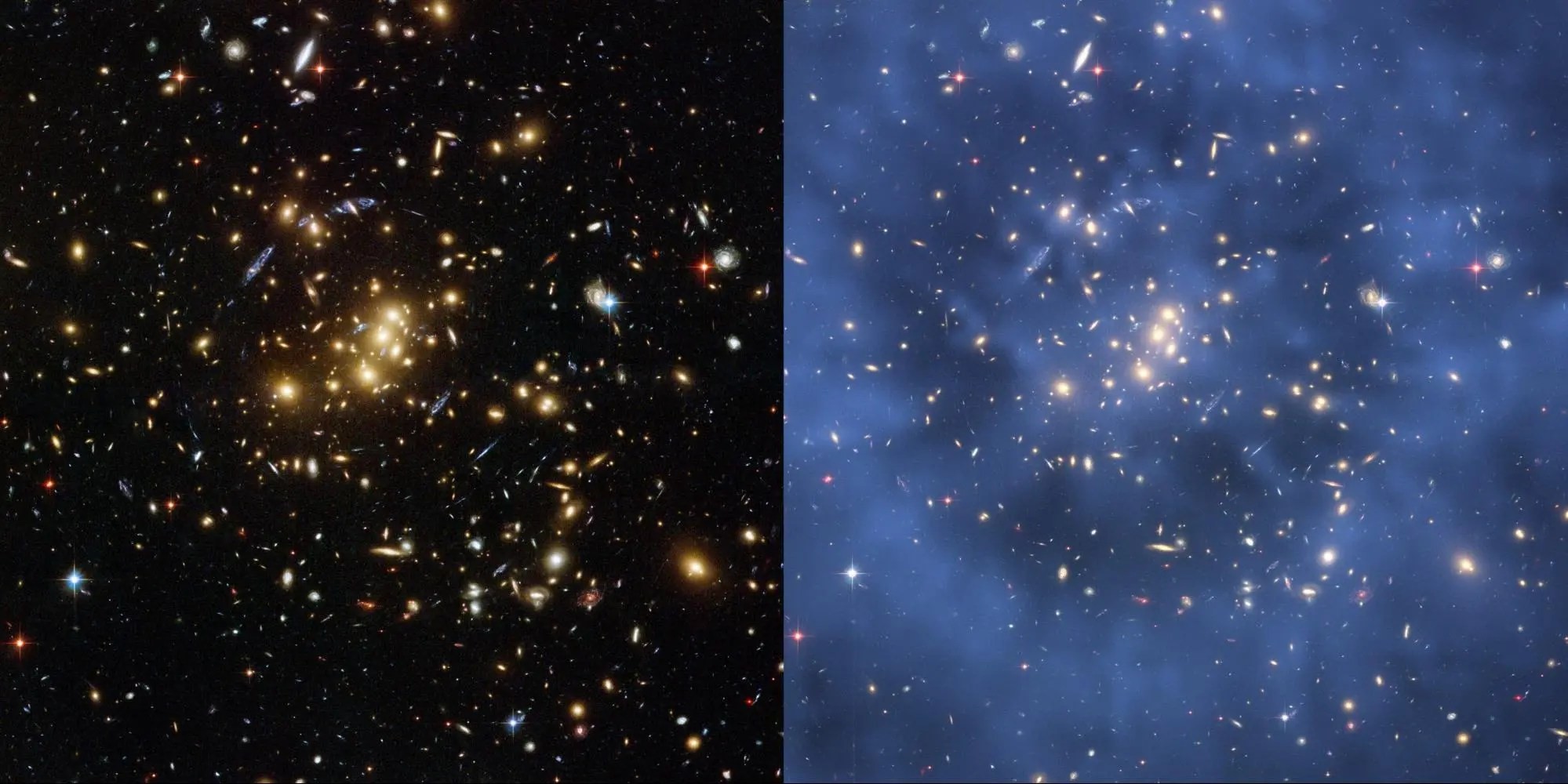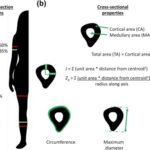Our solar system, a cosmic oasis harboring life on Earth, is but a recent addition to the grand timeline of the universe. While it feels permanent to us, its existence is a fleeting moment in the grand scheme of things. Just how old is our solar system, and how does its age compare to the vast, ancient universe we inhabit?
This image depicts North and South America from 22,000 miles above Earth, a combined view from NASA’s Terra and NOAA’s GOES satellites.
The Age of Our Solar System
Scientists have determined the age of our solar system by studying the radioactive decay of isotopes found on Earth and in asteroids. This method, akin to a cosmic clock, reveals that our solar system formed roughly 4.6 billion years ago. Imagine the universe’s history as a year-long calendar. On this scale, our solar system wouldn’t appear until early September.
The Age of the Universe
The universe, on the other hand, is vastly older. Cosmologists have arrived at an age of approximately 13.8 billion years by measuring the ages of the oldest stars and the rate at which the universe expands. Observations of the Doppler shift in light from distant galaxies further support this conclusion. Almost all galaxies are moving away from us, and the farther they are, the faster they recede, indicating an expanding universe.
The W51 nebula, a vast “star factory” in the Milky Way, showcases the ongoing birth of stars, a process that has continued for billions of years.
A Cosmic Perspective: The Relative Ages
The universe is almost three times older than our solar system. This immense difference highlights the relative youth of our planetary system within the universe’s expansive history. For nearly two-thirds of the universe’s existence, our solar system didn’t even exist.
To put this in perspective, if the universe’s lifespan were compressed into a single year, our solar system would have formed only in the last four months. Humans, appearing even later, would only occupy the last few seconds of December 31st.
The Expanding Universe and the Big Bang
The expansion of the universe suggests that everything originated from a single point, a concept known as the Big Bang. This wasn’t an explosion in space, but rather the expansion of space itself. Time, as we understand it, also began with the Big Bang.
Going back in time, the universe would become increasingly hot and dense, eventually reaching a state where atoms couldn’t form. This initial singularity marks the beginning of the universe, a point beyond which our current understanding of physics breaks down.
The Composition of the Universe
The universe is composed of both ordinary matter, like stars and planets, and mysterious components known as dark matter and dark energy. Ordinary matter accounts for less than 5% of the universe. Dark matter, comprising about 27%, and dark energy, making up the remaining 68%, are still poorly understood, but their presence is inferred from their gravitational effects on visible matter and the expansion of the universe.
 side by side images of galaxy clusterThese Hubble images of galaxy cluster Cl 0024+17 illustrate gravitational lensing, a phenomenon caused by the immense gravity of the cluster, including its dark matter component. The blue shading in the right image represents the inferred distribution of dark matter.
side by side images of galaxy clusterThese Hubble images of galaxy cluster Cl 0024+17 illustrate gravitational lensing, a phenomenon caused by the immense gravity of the cluster, including its dark matter component. The blue shading in the right image represents the inferred distribution of dark matter.
Conclusion: A Universe of Mysteries
Our solar system, a relatively young system in a vast and ancient universe, is a testament to the incredible scales of cosmic time. While we’ve made significant strides in understanding the universe’s age and composition, much remains unknown. The nature of dark matter and dark energy, the ultimate fate of the universe, and the possibility of life beyond Earth are just a few of the enduring mysteries that continue to drive scientific exploration. As we continue to probe deeper into the cosmos, our understanding of our place within this vast universe will undoubtedly evolve, revealing even more awe-inspiring wonders.
